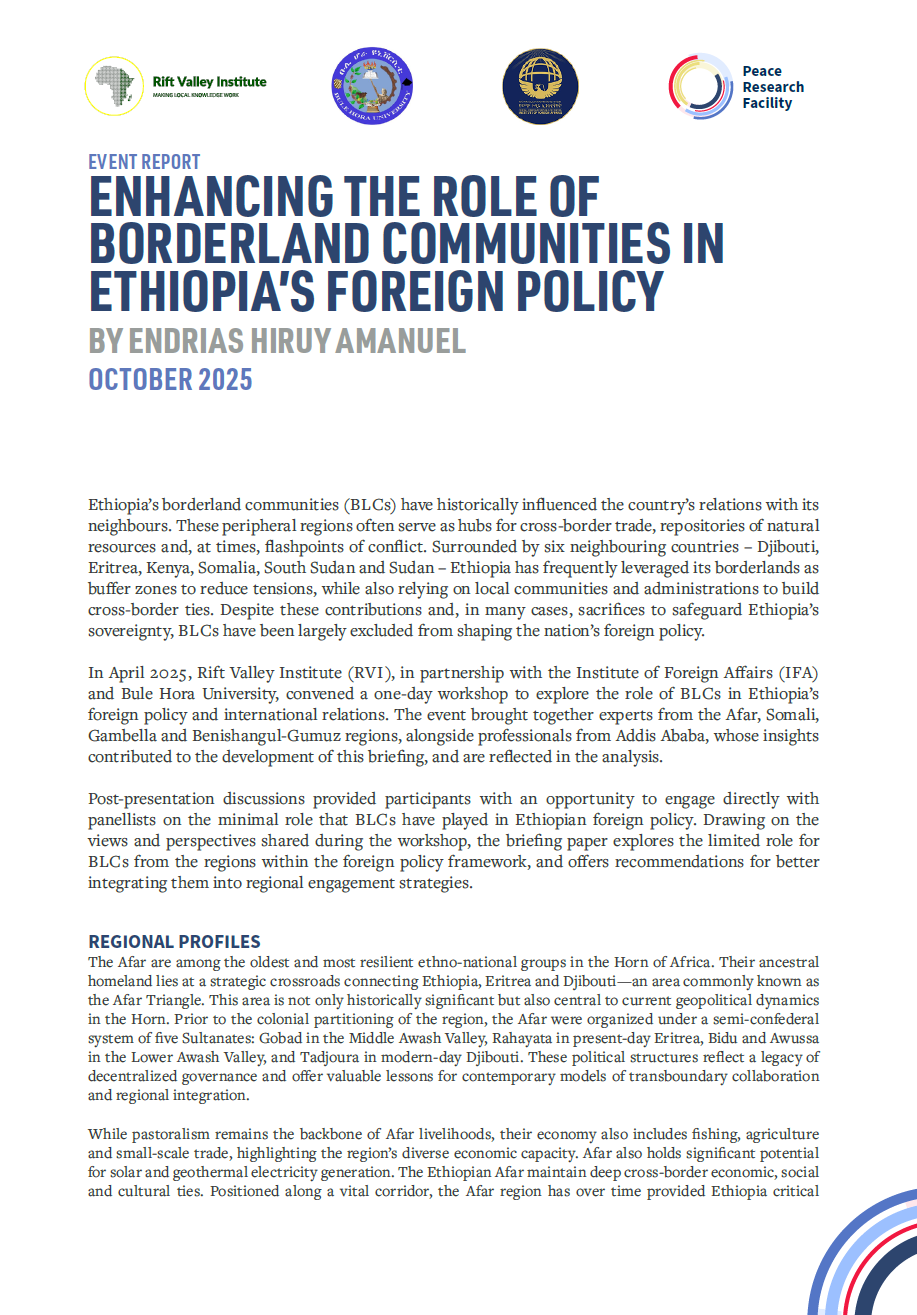This show is brought to you under the South Sudan National Archives Project, supported by Norway and implemented by UNESCO in partnership with RVI, and in collaboration with the Ministry of Culture, Youth and Sports.
The third Tarikh Tana (Our History) radio show in this second series will focus on Chiefs Remuneration in History: The Change of Funding Sources for Customary Leaders in South Sudan.
We will look at some proposals for Chief’s Pay and some pay sheets from late 1920s and early 1930s to understand how they used to get their pay.
Overview
The Anglo-Egyptian Condominium determined that chiefs would be the lowest level of their government administration by the 1920s – in some cases, organising new chiefly authorities for areas and communities that did not have them before. Initially, these chiefs were compensated for their work through giving them a certain amount of the tax they collected, along with guns to enforce their authority. But by the 1930s, the government wanted to make this system cheaper and more organised. Correspondence between British governors from the South Sudan National Archives discussed the organisation of salaries for chiefs. Their pay was based on the number of people they were responsible for, and how much tax revenue they collected. This meant that chiefs’ authority was tied to how many people they represented – counted by government census and tax collectors – and chiefs’ pay was dependent on their proper collection of tax for the colonial government. This history raises several questions. Are chiefs government employees, or are they representatives of the people ? Who are chiefs responsible to ? Should chiefs’ remuneration be linked to the tax revenues they can get from people, or to number of people they serve, and what are the consequences of this? And what do people get in return for paying their chiefs ?
The two guests were:
Mboribamu Renzi
Paramount Chief of Tombura County
Daniel Thon Dhuor
Executice Chief of Eastern Lakes States (Yirol), Adior County



